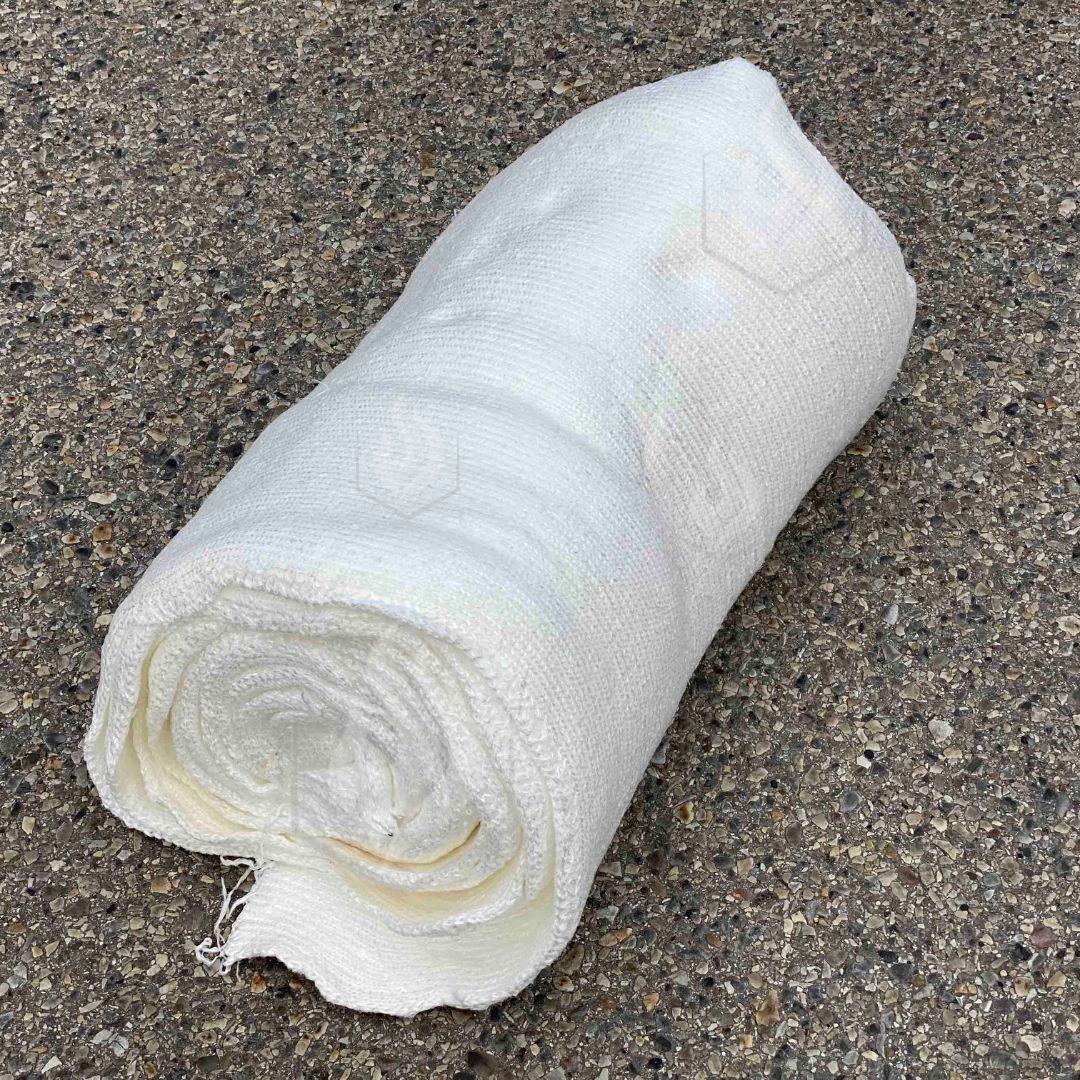Menu
X
- No products in the list
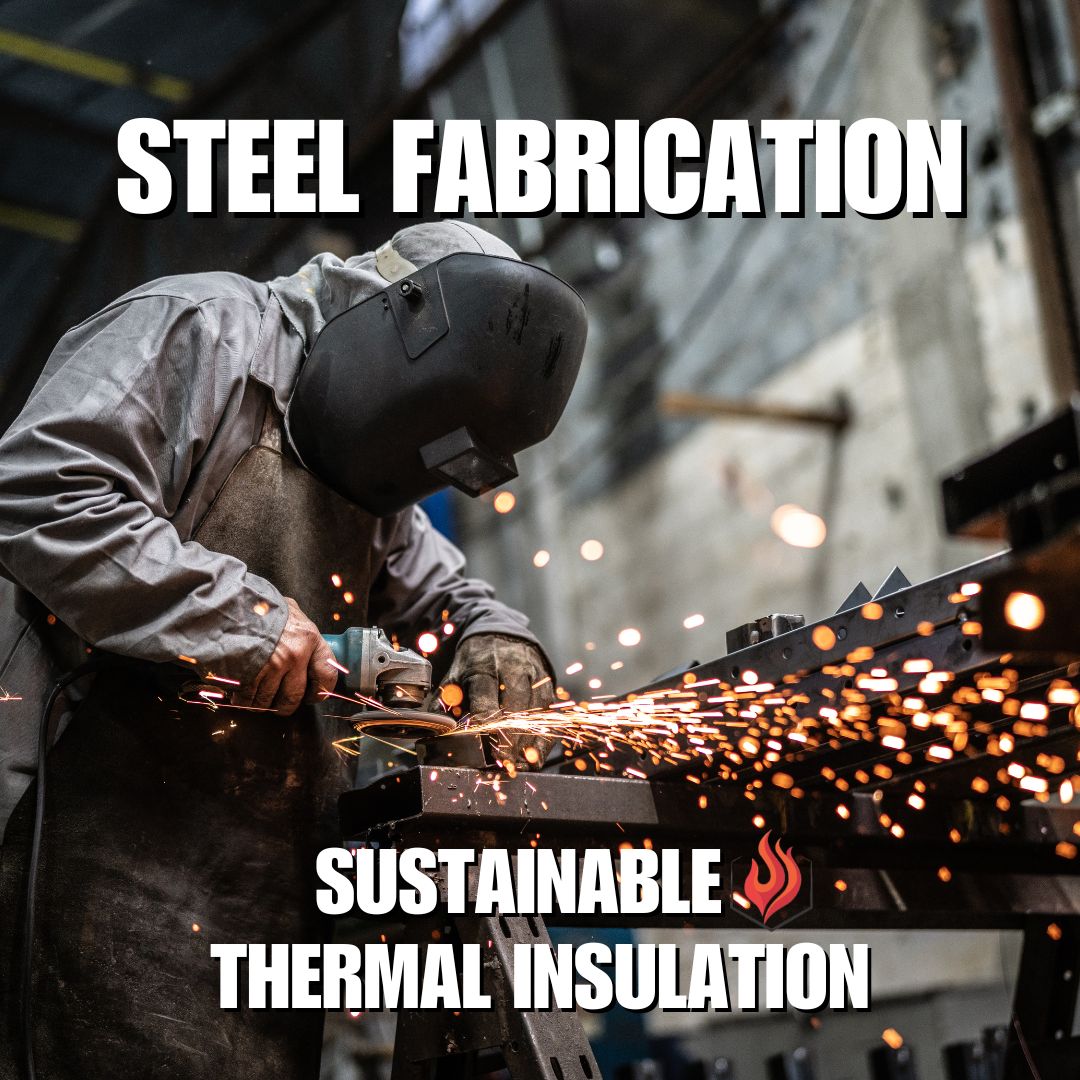




This case study focuses on finding the most effective thermal insulation for preheating in steel fabrication.
The goal is to replace traditional methods with a more efficient solution that ensures consistent heat, improves structural integrity, and protects the workpiece.
Through thorough testing of various insulation materials, this study aims to identify a sustainable and optimal approach for modern steel fabrication.
The client needed to pre-heat steel pipes using insulation that was both reusable and free of Volatile Organic Compounds (VOCs).
To find the best solution, various insulation materials were tested, including Rock Wool, Super Wool, CCE Wool, Cooper Knit, and Teflon.
The objective was to determine the most effective and sustainable insulation for their preheating requirements.
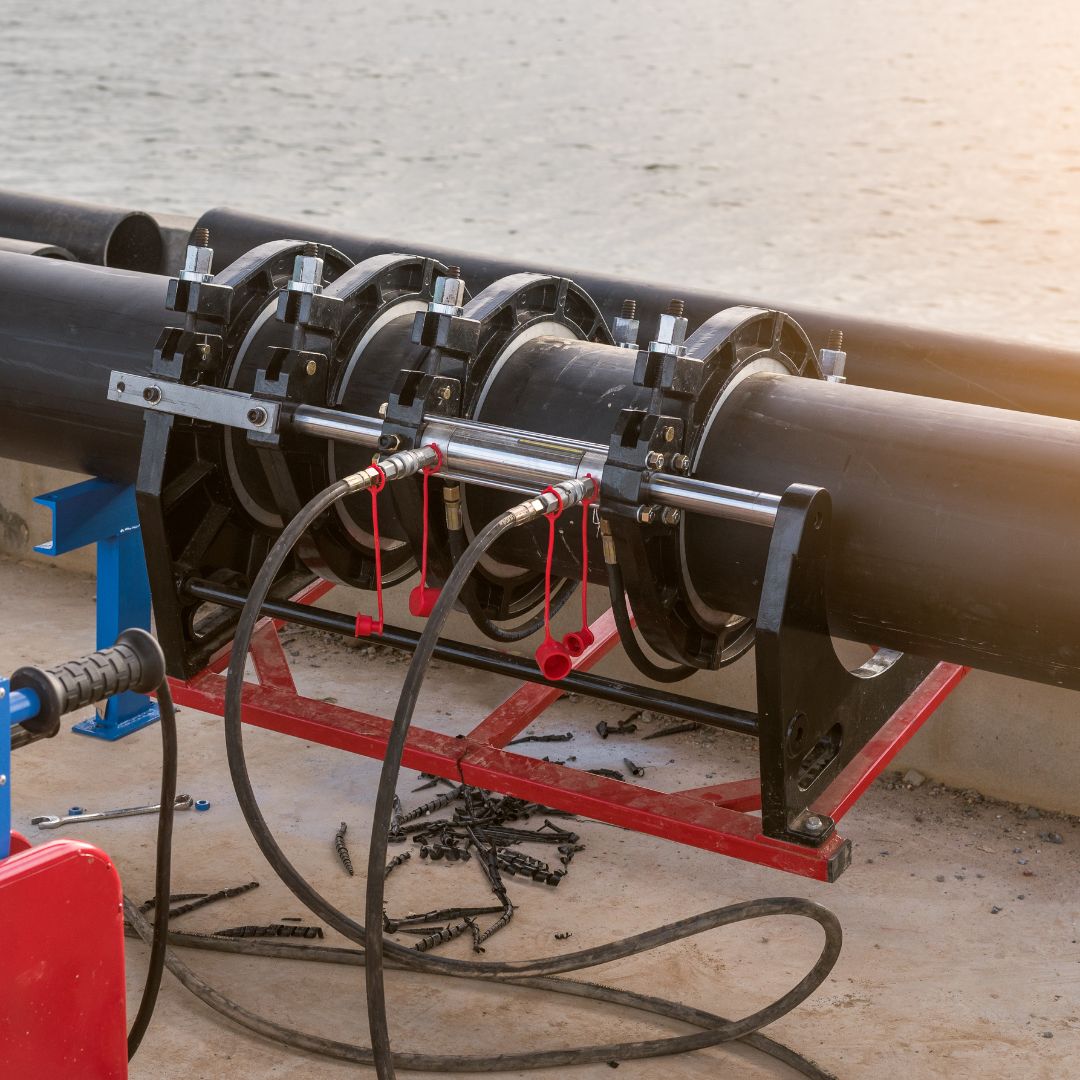
To address this challenge, different types of insulation materials were tested, including;
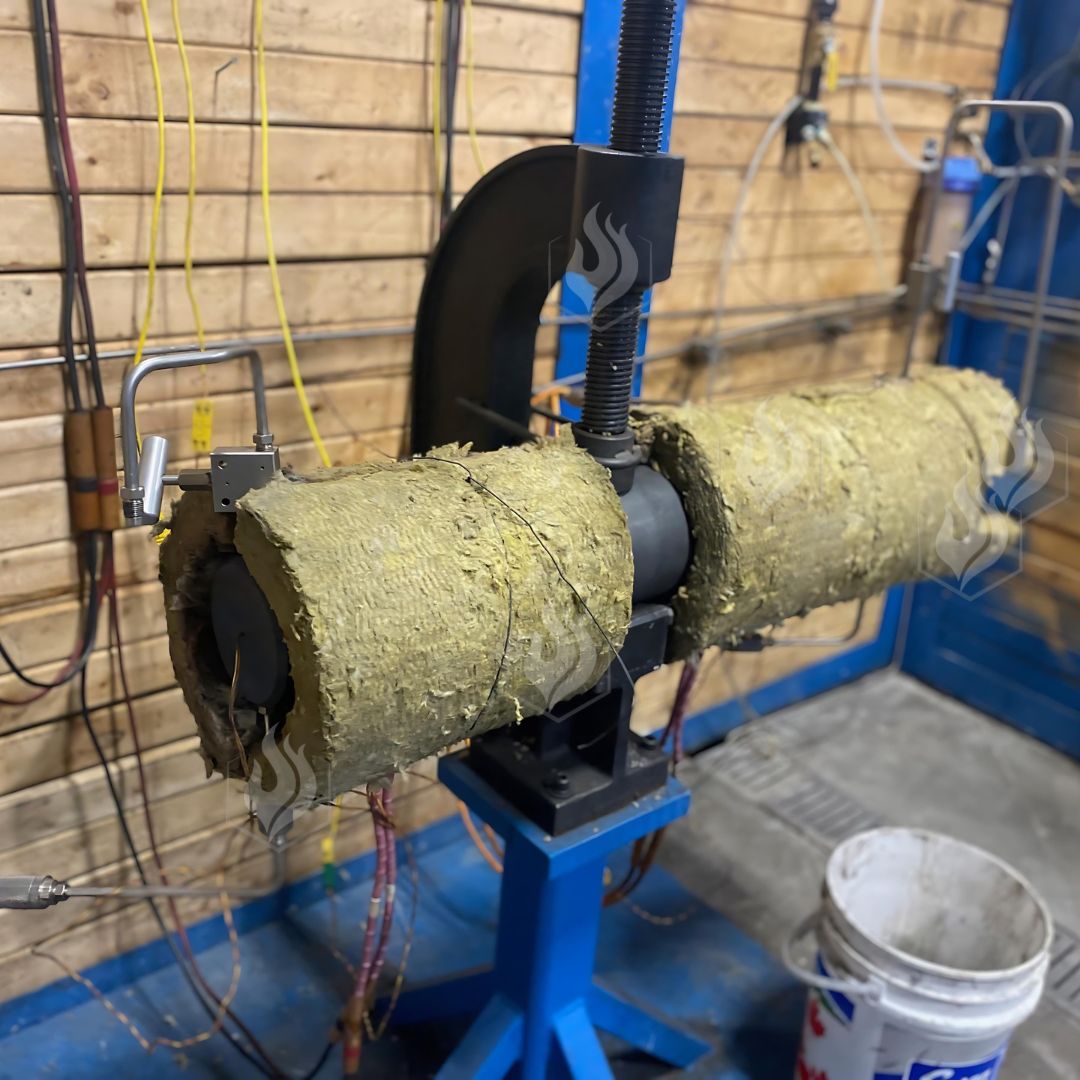
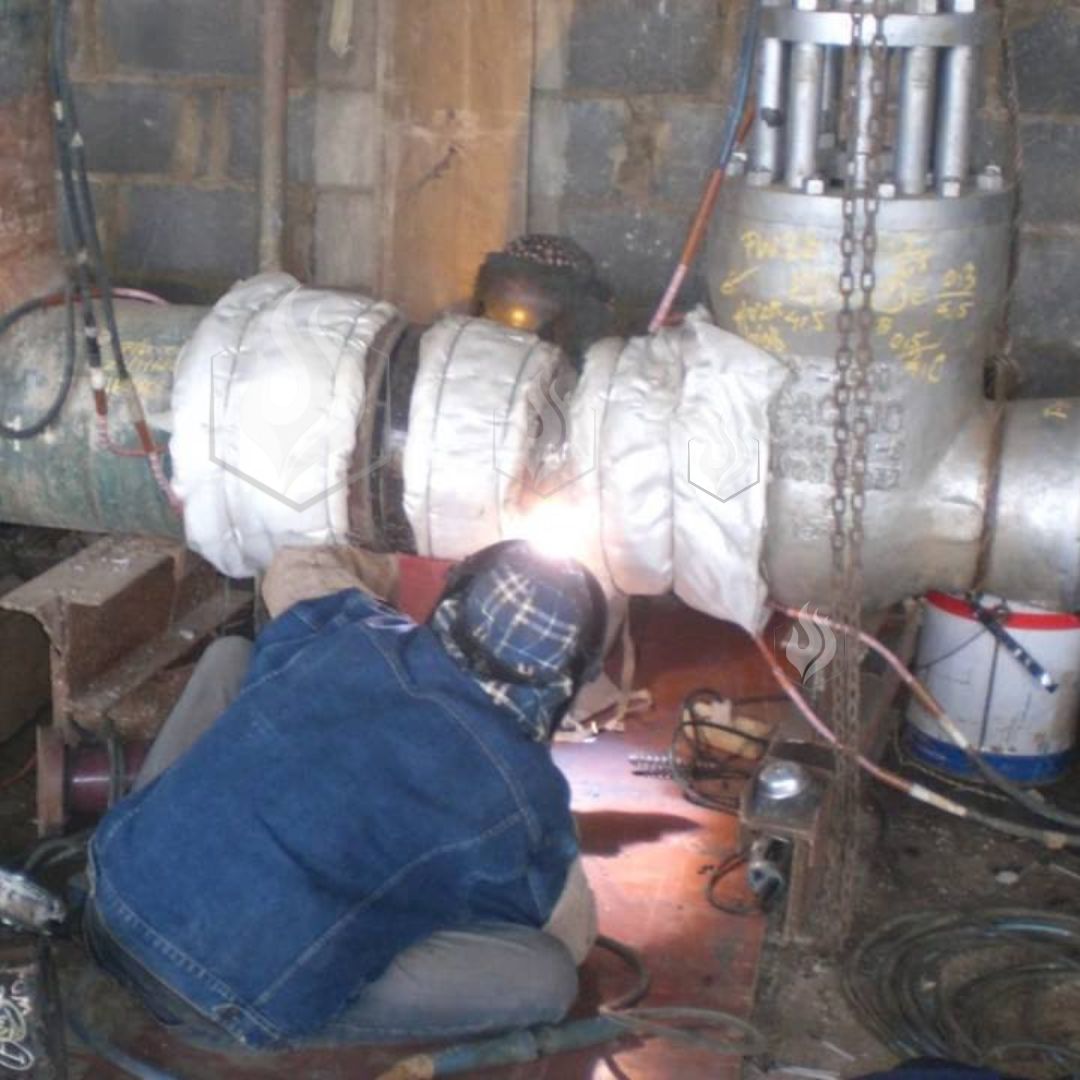
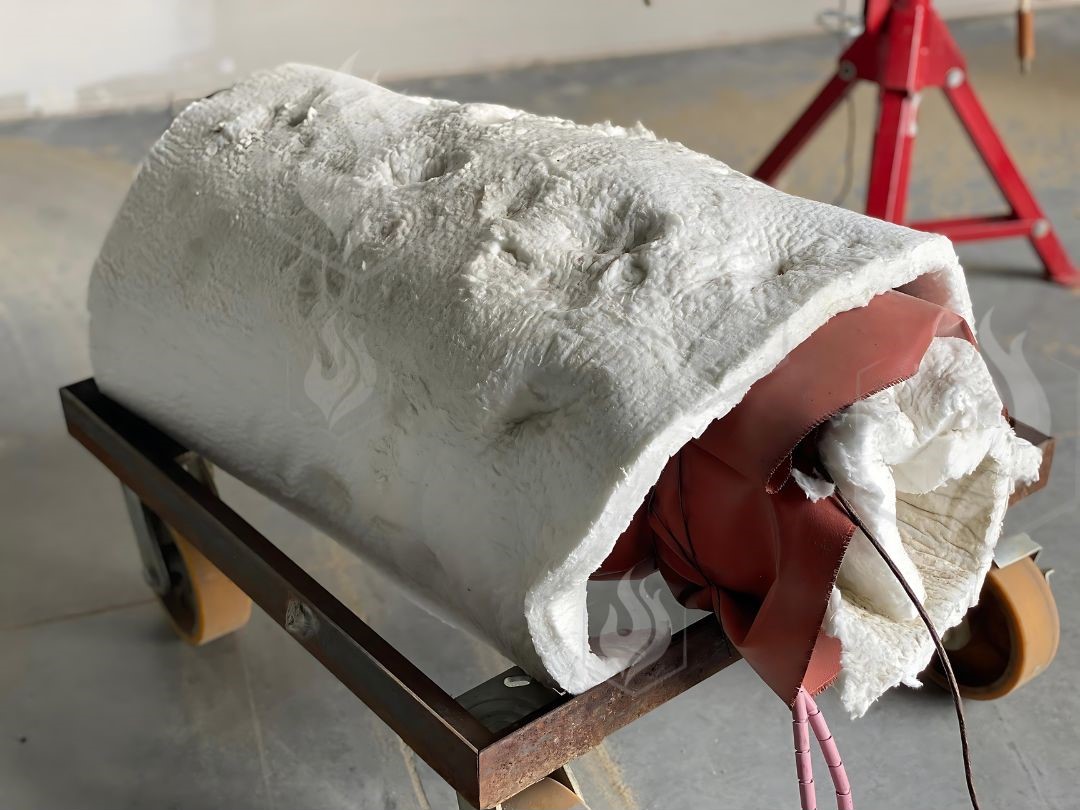
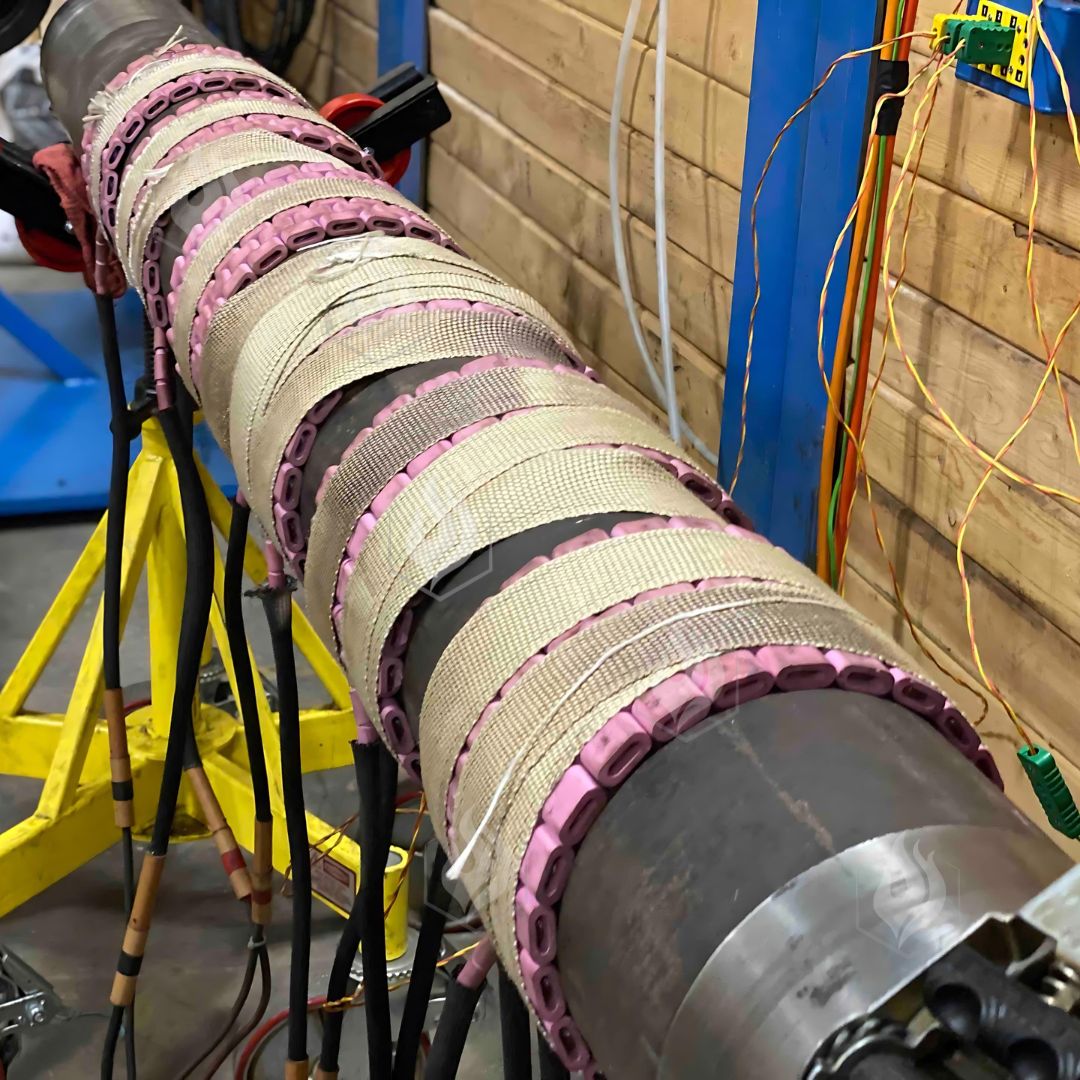
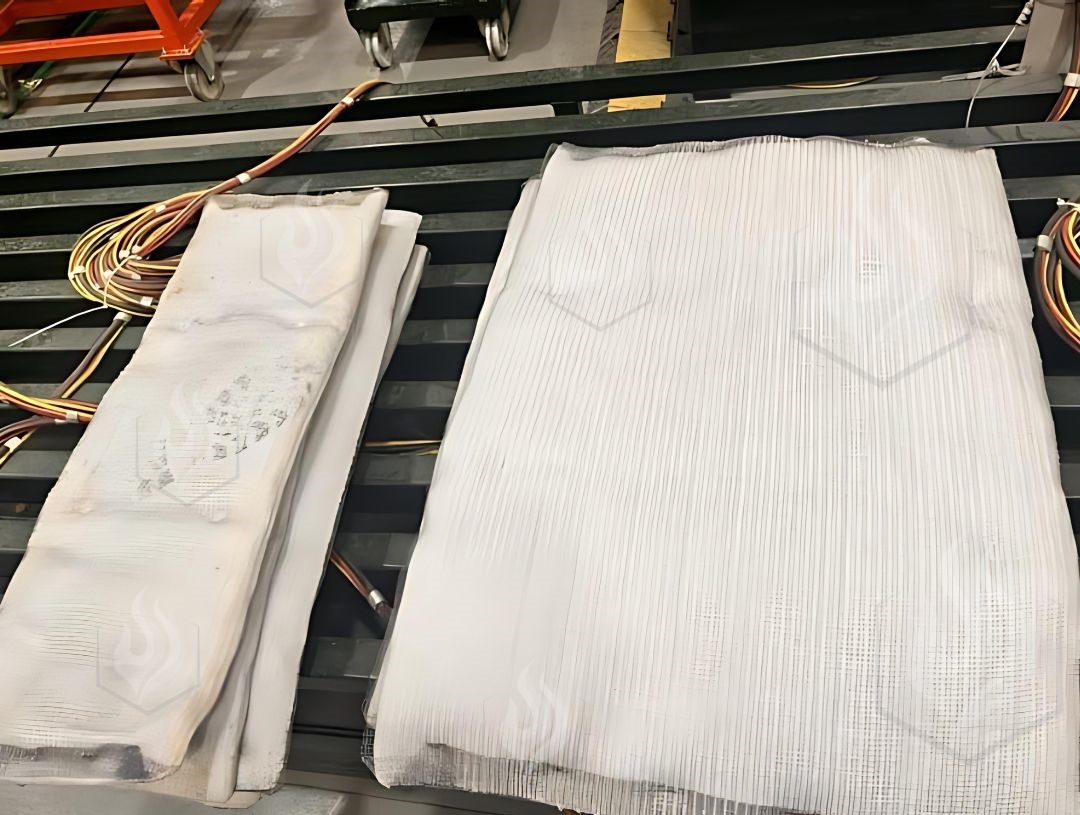
After testing various insulation materials, CooperKnit emerged as the top performer.
Unlike the others, CooperKnit mats and rolls were found to be the most efficient and sustainable solution for preheating steel pipes.
They provided:
Considerations with Other Insulations:
Super Wool: Usable only once or twice.
CCE Wool: Good price point but weak tensile strength.
Rock Wool: Bulky, hard to handle and set up, and usually reusable less than five times.
Teflon: Less cost-efficient and degrades more quickly.
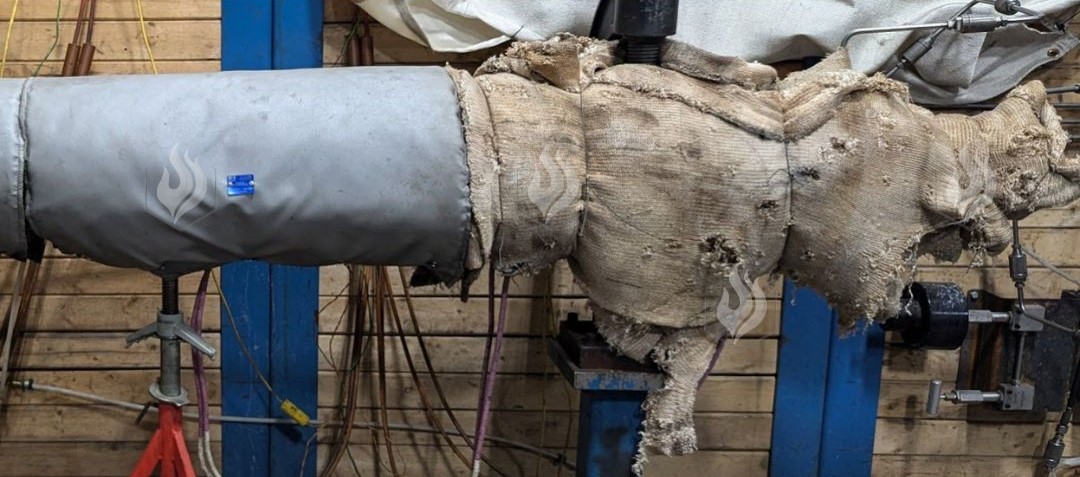
By using CooperKnit thermal insulation, the client achieved a cost-effective, efficient, and sustainable solution for their preheating needs, ensuring high standards of worker safety and comfort.
